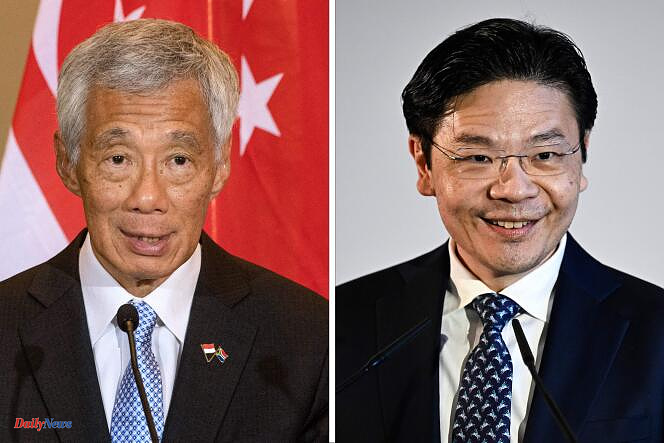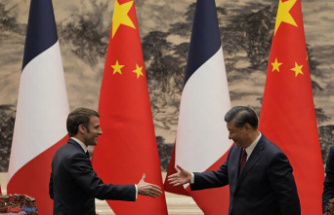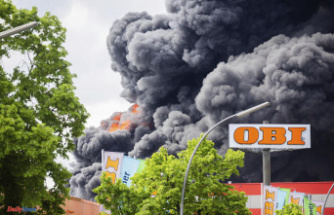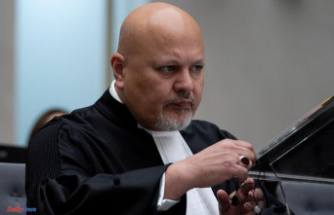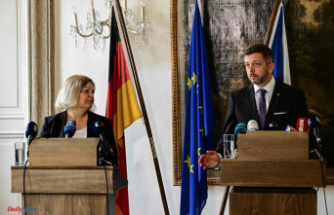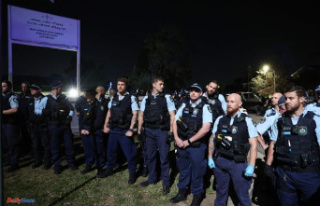The Prime Minister of Singapore, Lee Hsien Loong, announced on Monday April 15 that he would leave his post on May 15 after a twenty-year mandate to be replaced by the current Deputy Prime Minister, Lawrence Wong. A 51-year-old US-educated economist, Mr Wong will be only the second non-member of the Lee family to rule the wealthy city-state.
“I will relinquish my role as Prime Minister on May 15, 2024 and Deputy Prime Minister Lawrence Wong will be sworn in as the next Prime Minister on the same day,” Mr Lee said on social media. “I call on all Singaporeans to support Lawrence and his team and work with them to create a better future for Singapore,” the Prime Minister added.
Mr Wong, who is also finance minister, was chosen as Mr Lee's successor in 2022 from a new generation of MPs from the People's Action Party (PAP) which has governed Singapore continuously since its independence in 1965.
“I accept this responsibility with humility and a deep sense of duty. I am committed to giving my all to this endeavor,” Mr Wong said on social media.
Effective management of the Covid-19 crisis
Mr Wong was credited with effective handling of the Covid-19 crisis when he oversaw the government's pandemic task force. The city-state was one of the first economies in Asia to quickly get back on track when the pandemic subsided in 2022.
In office since 2004, Mr Lee is the son of Lee Kuan Yew, who was Singapore's first prime minister when the former British colony became a sovereign nation after a brief but unsuccessful union with Malaysia.
A general election is due to take place by November 2025, but according to some sources it could take place this year. In the last elections in 2020, the opposition achieved its best performance since independence, but failed to make a breakthrough in Parliament as 83 of the 93 seats were won by the PAP.
The PAP's image has recently been tarnished by scandals which saw two MPs resign and a minister indicted in court for corruption.
The Workers' Party, the main opposition party, has also suffered from scandals with the resignation of two of its members and an accusation of false testimony targeting its leader before a parliamentary committee.

